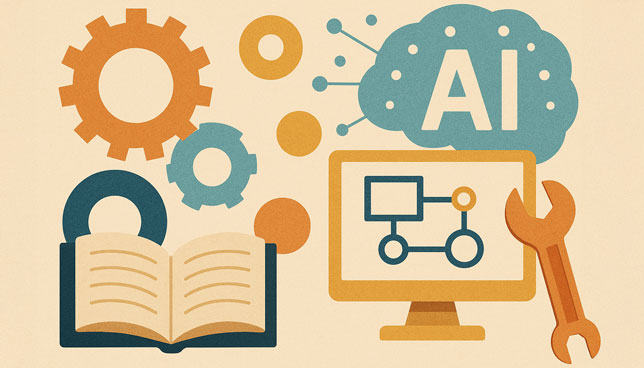
Wiley has created four new tools for its zyBooks courseware platform designed to improve instruction, learning outcomes, and academic integrity in college STEM courses.
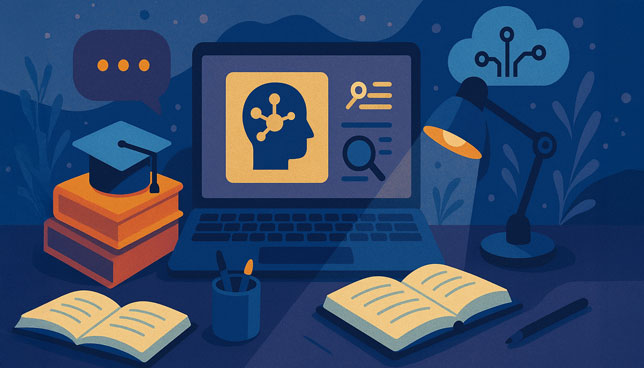
Learning platform D2L has announced new artificial intelligence features for D2L Lumi that help provide more personalized study supports for students.
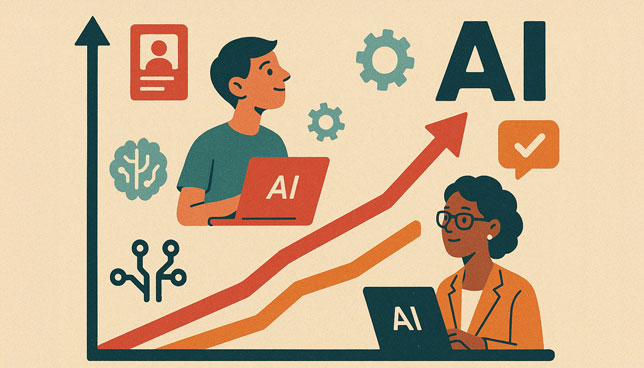
In a recent survey from learning platform Quizlet, 85% of high school and college students and teachers said they use AI technology, compared to 66% in 2024 — a 29% increase year over year.
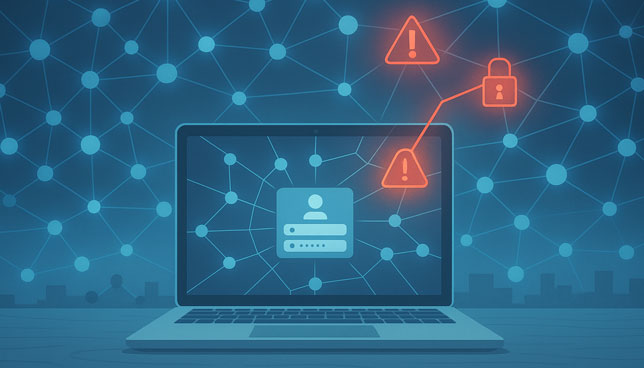
A recent report from cybersecurity firm Flashpoint detected an escalation of threat activity across͏͏ multiple͏͏ fronts͏͏ during͏͏ the͏͏ first͏͏ half͏͏ of͏͏ 2025.

1EdTech Consortium has released a free report offering six steps to implementing learning analytics effectively in higher education.

Researchers at the University of Kansas Center for Innovation, Design & Digital Learning (CIDDL) have published a new framework for the responsible implementation of artificial intelligence at all levels of education.
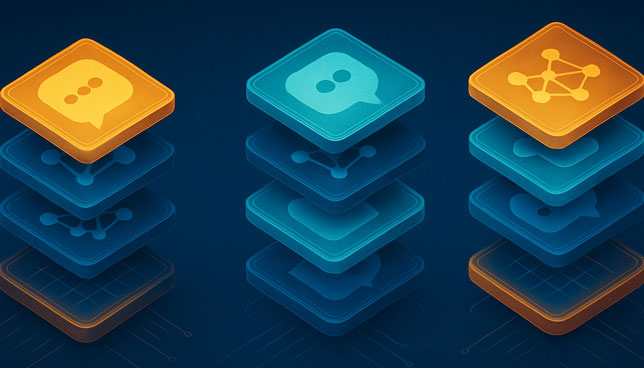
While large language models have been touted for their potential in cybersecurity, they are still far from executing real-world cyber attacks — unless given help from a new kind of abstraction layer, according to researchers at Carnegie Mellon University and Anthropic.

Registration is free for this fully virtual Sept. 25 event, focused on "Overcoming Roadblocks to Innovation" in K-12 and higher education.
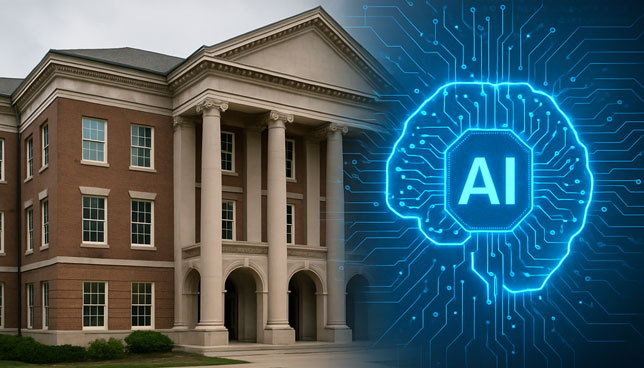
The National Science Foundation has announced a $100 million investment in National Artificial Intelligence Research Institutes, part of a broader White House strategy to maintain American leadership as competition with China intensifies.
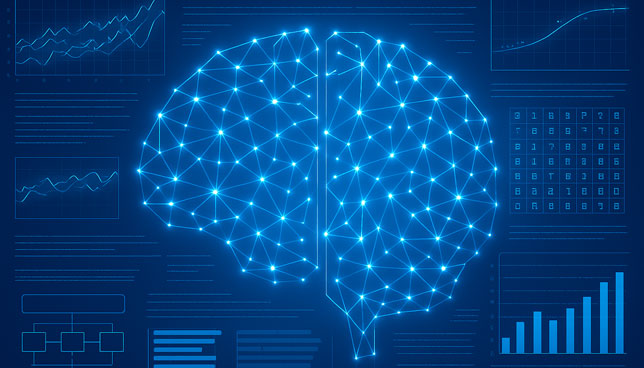
Google has released Gemini 2.5 Deep Think, an advanced artificial intelligence model designed for complex reasoning tasks.